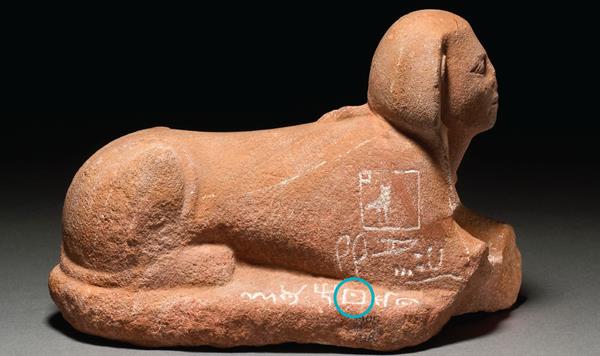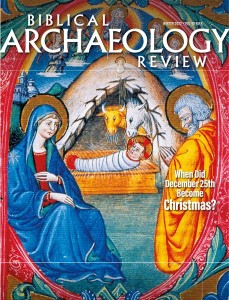Epistles: In the Beginning, Was There a Word?

“In the beginning was the word” (John 1:1)—but what is a word?
A “word” is a thing, a concept, that seems clear from afar, but gets fuzzier the harder we look at it. Within English, is “birthday” one word or two? What about “wedding day”? If you thought it was obvious that “birthday” is one word but “wedding day” two, it is because of the way they are written.
Similarly, what gives us the idea that a written sentence is made up of individual words? Presumably, this has to do with the fact that we can extract a part of the sentence and put it into a different sentence. But the process of transforming speech into comprehensible writing is trickier than we might realize. In regular speech, we don’t hear “spaces” between words. Instead, speech is just a steady stream of sounds: itwouldsoundverystrangeifwepausedbetweenwords.
Ancient scribes did have an idea of what made a word. We know this from word lists that we have from both ancient Mesopotamia and ancient Egypt. Scribes organized their world into categories: a list of “trees and other things made out of wood”; a list of “body parts”; a list of “animals and cuts of meat”; and so on. There are no verbs or adjectives in any of these lists, only nouns, which were copied over and over by scribes for thousands of years. They show that already at the beginning of writing, people—at least literate people—had a sense that language consisted of words.
Already a library member? Log in here.
Institution user? Log in with your IP address.

